 Emperor
penguins fishing at sea and at an experimental dive hole often spend
minimal times on the surface even after dives that last far beyond their
measured 5.6 minute aerobic dive limit. Emperor
penguins fishing at sea and at an experimental dive hole often spend
minimal times on the surface even after dives that last far beyond their
measured 5.6 minute aerobic dive limit.Researchers from the US Scripps Institution of Oceanography and the International Coastal Research Center, Atmosphere and Ocean Research Institute at the University of Tokyo went to the Antarctic and attached accelerometer-based data loggers to Emperor penguins diving in the two different situations to evaluate the capacity of the birds to perform such dives without any apparent prolonged recovery periods. In a report of the study published in the Journal of Experimental Biology, the researchers say the penguins regularly remain submerged for up to 12 minutes by carefully managing their oxygen reserves. Lead researcher Paul Ponganis from the Scripps Institution says penguins diving from isolated ice holes fuel the dive aerobically for the first 5.6 minutes and supplement the remainder of the dive with anaerobic metabolism. But when the researchers compared the aerobic dive limit for ice hole diving penguins with estimates of the aerobic dive limit for freely foraging animals, it appeared the free-ranging birds were able to sustain the aerobic portion of a dive for up to eight minutes. From the data loggers, they could see a surge every time the animal strokes with its wings and they could then count the number of peaks per dive to get the stroke rate pattern. "We expected that stroke rate would be lower in dives at sea and because of that there would be less muscle work and less oxygen consumption and that would explain how these birds dive as long and as frequently as they do," Ponganis says. But the freely diving birds were stroking faster and were not extending their aerobic dive limit by beating their wings more slowly to conserve oxygen. When the researchers compared the length of time spent by birds at the surface recovering from dives, the free divers spent no more time at the surface than the ice-hole divers. Assuming the penguins did not exhale while submerged, they found the penguins carried more air as they extended their dives down to 300 metres, apparently anticipating how deep they would dive and adjusted the amount of air they carried down accordingly. Yet penguins that dived 400 to 500 metres appeared to be carrying less air than the birds that only dived to 300 metres, leading Ponganis to conclude that they probably exhaled prior to the final segment of the dive. On one occasion, the researchers recorded a dive where an emperor penguin remained submerged for a record-breaking 27.6 minutes although after it emerged from the water, the bird lay on the ice for six minutes before it stood, took another 20 minutes before it started walking and then waited a further eight hours before going back into the water. Ponganis says the penguin was exhausted and believes the dive was extended when the pack ice shifted above the penguin's head, blocking its escape route. That it survived is a measure of the bird's remarkable capacity to conserve oxygen under water. |


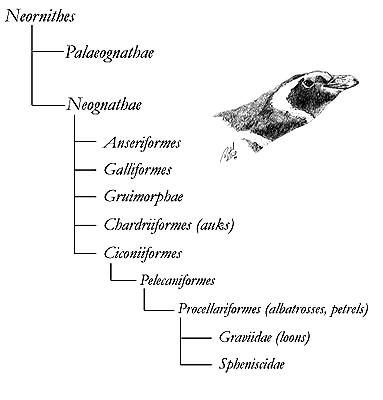

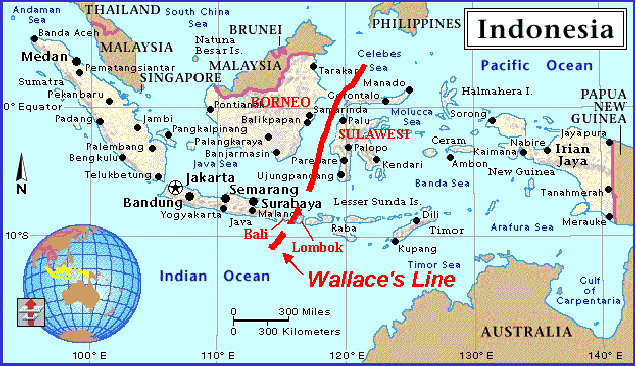


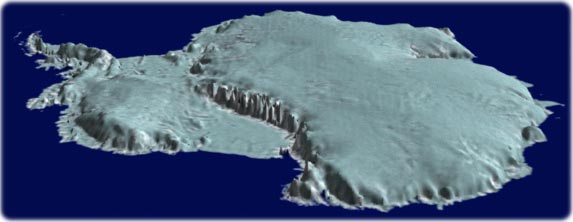
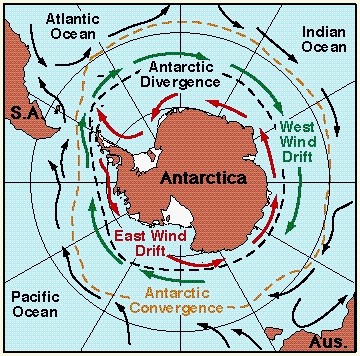





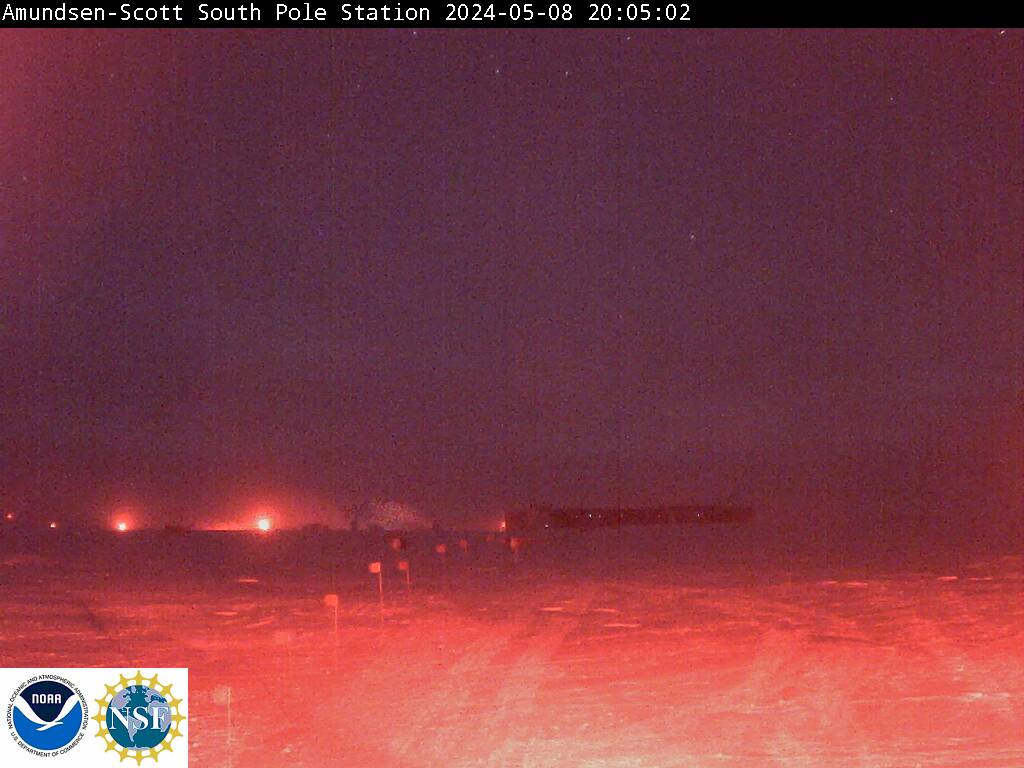
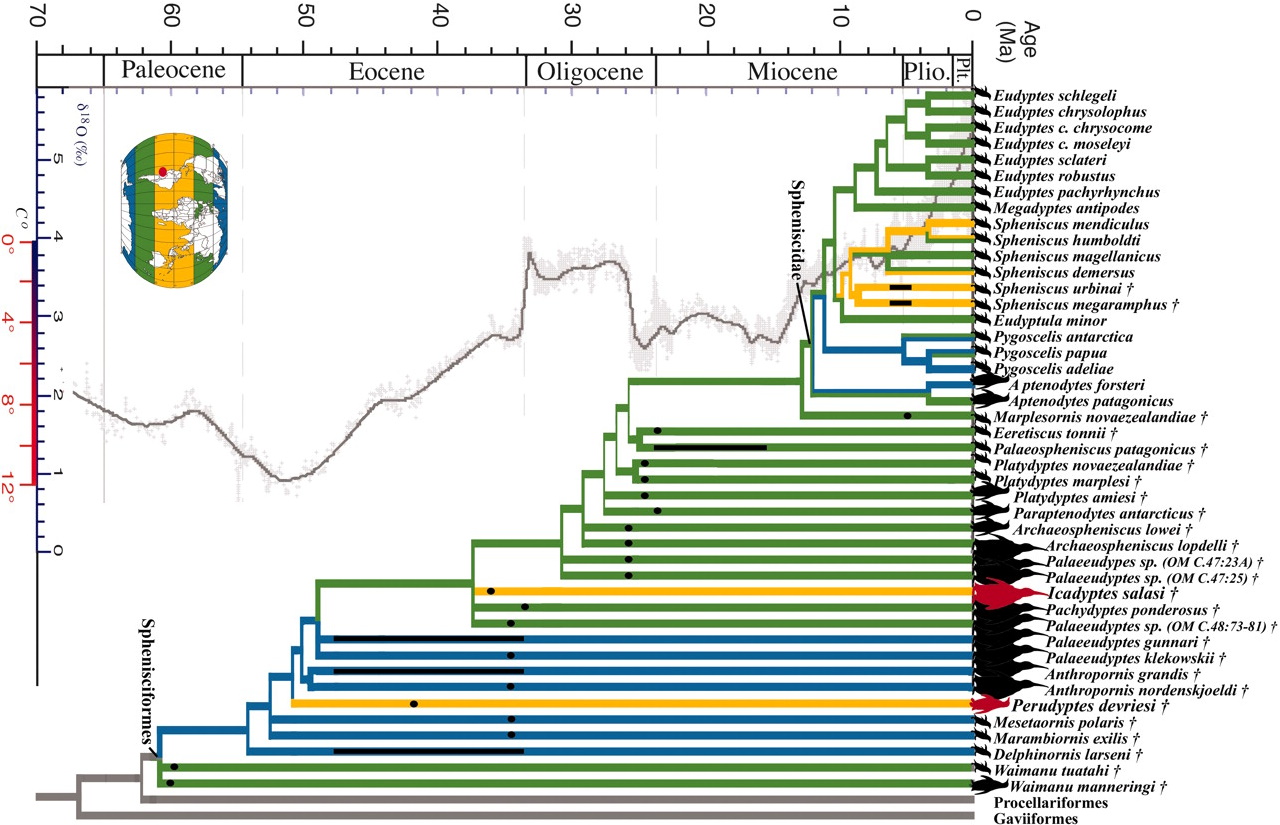

No comments:
Post a Comment